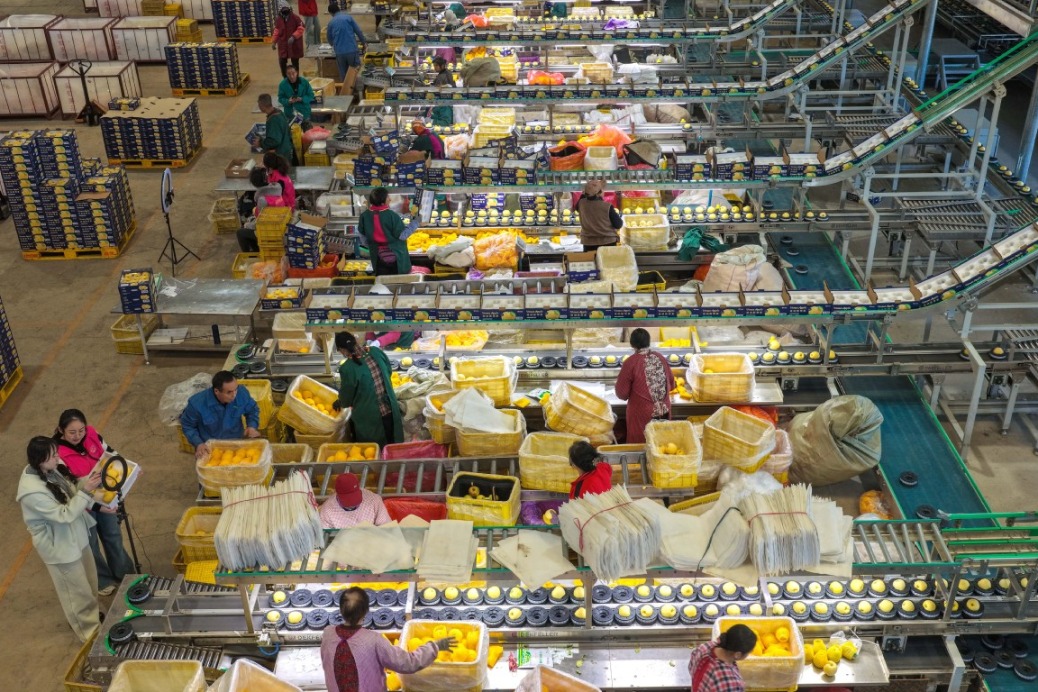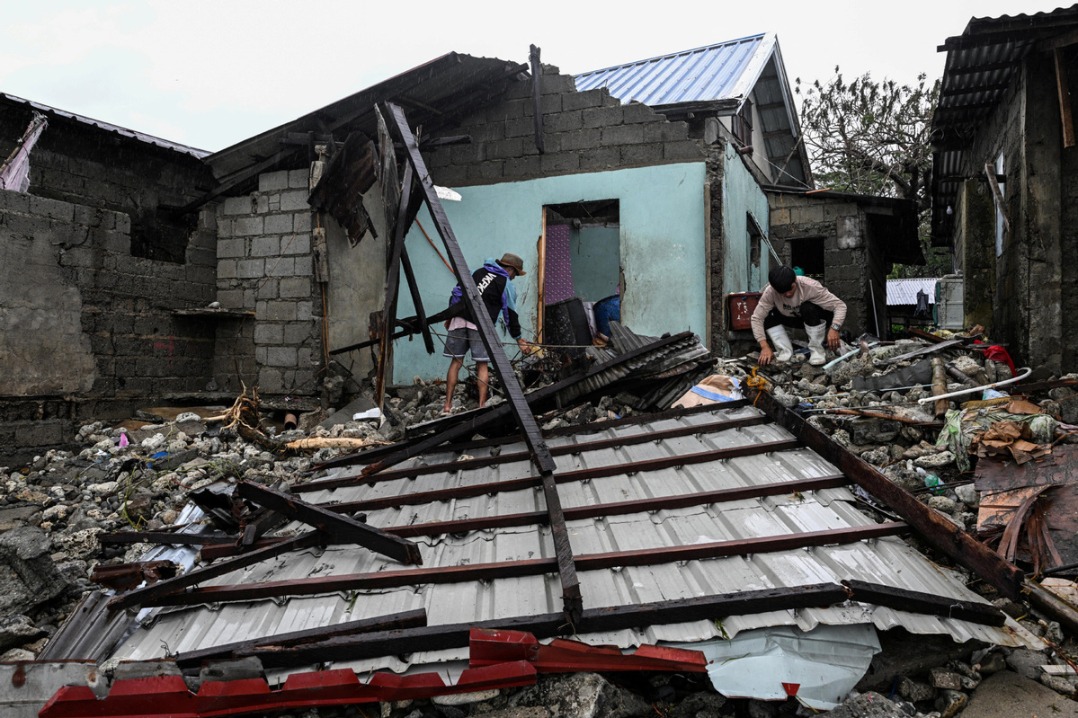Anti-China disinformation -- Washington's geopolitical weapon under pretext of so-called "press freedom"


The US House of Representatives has passed the America COMPETES Act, appropriating 500 million US dollars for news coverage to malign China. The move makes people wonder how the self-styled "beacon of press freedom" dares to openly manipulate media in an attempt to squeeze China out of what it calls a "Great Power Competition."
The bill, passed earlier this month as an industrial policy plan for semiconductor production and supply chain resilience, will direct funding to the US Agency for Global Media, a US media service, as well as local outlets and programs to produce journalism that is critical of China, particularly the China-proposed Belt and Road Initiative.
From the Spanish-American War and World War I to the Cold War, the Gulf War and the Iraq War, US propaganda has been omnipresent. These days, Washington's disinformation campaign against Beijing is reminiscent of its playbook during the Cold War, when it denigrated the Soviet Union through mass media, stoked hysteria over the "Communist Threat" and boycotted the 1980 Moscow Summer Olympics.
Last year, Zimbabwe's The Herald newspaper revealed that local journalists were allegedly offered 1,000 US dollars by a proxy of the US embassy for each anti-China story they wrote to portray Chinese businesses based there as unethical, reckless and harmful to local communities.
"Out of sheer jealousy, envy and pique, Western countries have begun a spirited campaign against Chinese investments in Zimbabwe using a phalanx of corrupt media, paid activists and civil society organizations," The Herald wrote.
Not coincidentally, in September 2021, Javier Garcia, then head of the Beijing office of Spain's EFE News Agency, announced his decision to leave journalism because "the embarrassing information war against China has taken a good dose of my enthusiasm for this profession."
This time, the bill claims US-funded media coverage would be "independent." Considering the news reports are sponsored by Washington with the precise aims of crowding out Chinese investment in developing countries and smearing China's projects, the claim is nonsense.
"If the government is setting out ahead of time in legislation what the conclusion and the point of coverage is going to be, that doesn't really qualify as genuine journalism," Tobita Chow, the director of Justice is Global, a US advocacy group, was quoted by the American Prospect magazine, as saying.
By spreading misinformation and disinformation in traditional and social media, Washington is trying to enclose audiences at home and abroad into echo chambers built on its Cold War mindset. Nonetheless, its old playbook no longer applies in today's world, where truth and multipolarity prevail over lies and hegemonism.
Obsessed with meddling in the internal affairs of other countries, the United States has failed to understand why Chinese businesses and investment overseas continue to thrive: Because China has always upheld the principles of extensive consultation, joint contribution and shared benefits when partnering with other countries and abstains from internal interference.
Meanwhile, suppose Washington does hope to create some competitive advantage for its foreign investment. In that case, it should provide mutually beneficial loans to developing countries instead of narrowly focusing on its own interests and pouring money into shaming China.
Between the infrastructure plan proposed by China and the versions by the United States and the European Union, many low- and middle-income countries prefer Chinese investment, since rich countries, which see developing countries as high risk plus low reward, often impose onerous conditions that delay project implementation and increase costs, according to a recent article in The Diplomat magazine.
China's approach is different: It speaks up for developing countries and thus obtains their support.
In the wake of increasing rhetoric against China, Zimbabwean President Emmerson Mnangagwa reiterated that investments from the Asian country are most welcome.
Additionally, in the State of Southeast Asia 2020 Survey by Singapore's ISEAS-Yusof Ishak Institute, which interviewed some 1,300 respondents from the member states of the Association of Southeast Asian Nations, China's activities were given the nod by the majority of respondents from seven of the 10 regional countries.
By funding journalism as a political tool, Washington has turned itself into the greatest enemy of press freedom, and its propaganda is set to proliferate in the coming years. Just don't buy any of it.


































